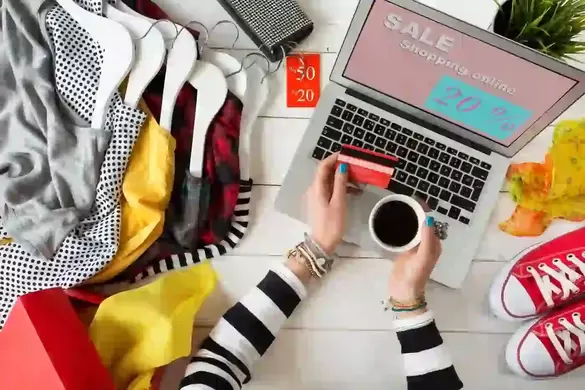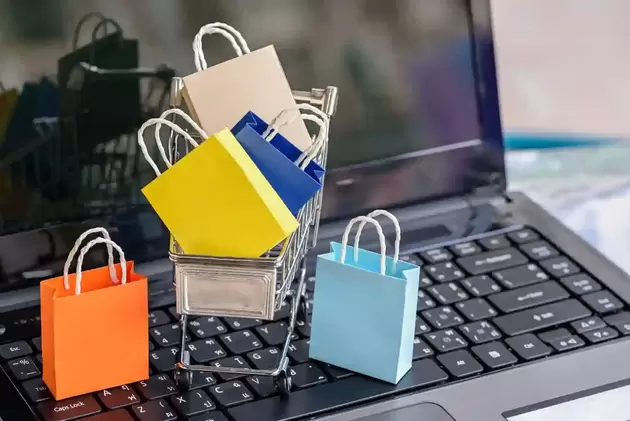|
Online Shopping Guides
|
How to protect yourself when buying from independent sellers online
|
The internet has and continues to change the way we shop.
Bricks-and-mortar shops have been taking a beating from online retailers such as Amazon for years now. While these platforms sell new items, much as a high-street shop would, they also provide a space for people to buy and sell among themselves. Added to this has also been the growth of social media, which has allowed people to sell among themselves. Through platforms like Facebook, people are connecting and selling each other goods online, using mediums such as PayPal to transfer money. This can be a great thing. But it also leads to potential risks. Here’s our guide to avoid being scammed when buying from independent sellers online. |
|
|
Ask for pictures
One uncomplicated way to avoid getting scammed is to ask for pictures that prove the seller has the goods in question. So, if you are purchasing a t-shirt, ask some sort of identifiable object or note next to the t-shirt in the picture. It’s often common for sellers to include a piece of paper with their name and other identifiable words written on (such as the name of the online community through which you and the seller are connected). This, at the very least, verifies that the seller is genuine. That’s not to say a picture is a guarantee. The seller could have the goods and still not send them. However, it does reduce the risk: at least the seller has the product they are trying to sell you. Any seller that doesn’t offer pictures should be treated with suspicion. Read more: Scammed online? Here's how to get your money back. |
|
|
Ask around
Depending on how you’ve connected with the seller, there’s a number of ways you can look for feedback from past transactions. If you’re using a platform like eBay or Etsy, there’s already a fairly reliable feedback system. People who have purchased from them in the past can verify that they are legitimate sellers and wont rip you off. However, be sure to look closely at reviews. If positive reviews are left by the same account, be cautious. You should also look at the accounts leaving reviews and see if they look like genuine and active accounts, or are so-called “sock puppets” created to leave fake reviews. If you’re buying goods from someone on PayPal you have connected with over a Facebook group or a forum, you can ask the community if anyone else has had dealings with them before. |
|


